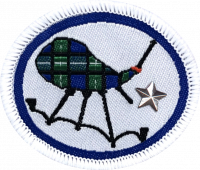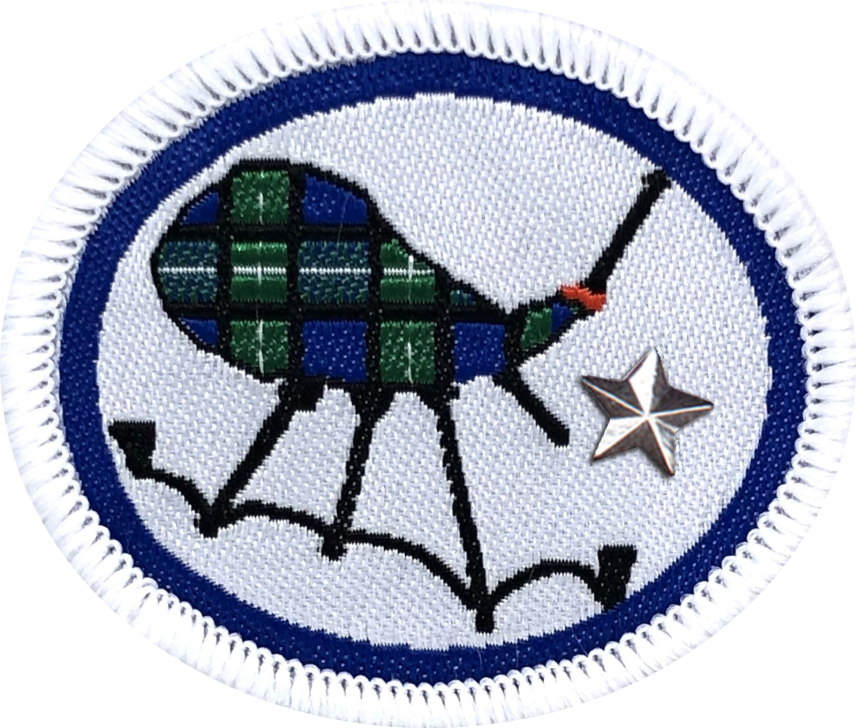Difference between revisions of "AY Honors/Bagpipes - Advanced/Requirements"
(Marked this version for translation) |
m |
||
| (One intermediate revision by the same user not shown) | |||
| Line 1: | Line 1: | ||
{{HonorSubpage}} | {{HonorSubpage}} | ||
| − | <section begin=Body /> | + | <section begin=Body /> |
<b>1. <section begin=req1 /><noinclude><translate><!--T:1--> | <b>1. <section begin=req1 /><noinclude><translate><!--T:1--> | ||
| Line 49: | Line 49: | ||
<section end=challenge /> | <section end=challenge /> | ||
<section end=Body /> | <section end=Body /> | ||
| − | |||
| − | |||
| − | |||
| − | |||
| − | |||
| − | |||
Latest revision as of 19:20, 1 January 2023
1. Learn and share at least seven historical points about the Great Highland bagpipe.
2. Who are the primary individuals who developed the Great Highland bagpipe into its current form?
3. Define the functions and materials of each part of the bagpipe, then choose what material you would use to make your own bagpipe.
4. How many tuning pins can be found on a set of bagpipes?
5. Under what classification of instruments do bagpipes appear?
6. Name 10 pieces and their purpose in the construction of the bagpipe.
7. What is the name of the white material used for sealing the various bagpipe joints?
8. What factors contribute the bagpipe to go out of tune so easily?
9. What are some ways to teach and learn the bagpipe?
10. Share the reasons and approaches to animal conservation in the making of modern bagpipes, as well as explain why there has been a return to bags made from animal skin.
11. Attend or watch a bagpipe performance, then talk to the bagpiper.



